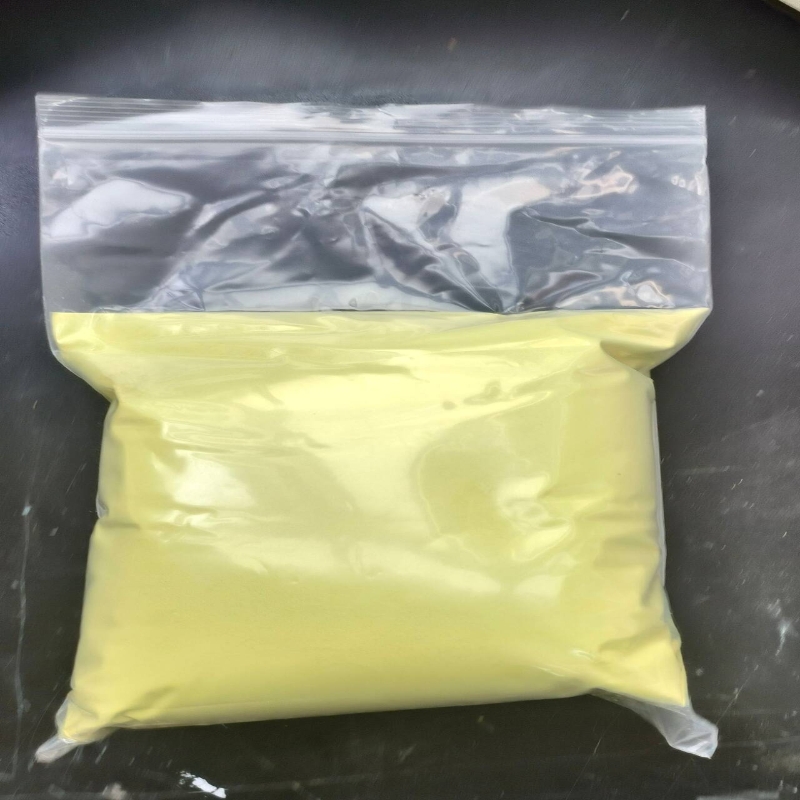Science journal: reveal that GCN2 inhibits anti-tumor immune response in tumor microenvironment
-
Last Update: 2019-12-30
-
Source: Internet
-
Author: User
Search more information of high quality chemicals, good prices and reliable suppliers, visit
www.echemi.com
Tumor associated macrophages (TAM) and myeloid suppressor cells (MDSC) inhibit T cell function in tumor microenvironment Gcn2 is a kind of environmental sensing protein, which can control transcription and translation according to nutrition supply Although Gcn2 is a potential therapeutic target in immunooncology, its role in shaping tumor immune response remains unclear In a new study, researchers from Canada, the United States, Brazil and Italy used mass spectrometry, transcriptome and transcription factor binding analysis to determine the functional effects of Gcn2 on myeloid suppressor cell phenotypes and immune responses in melanoma The related research results were recently published in the Journal of science immunology The title of the paper is "Gcn2 drives macrophase and MDSC function and immunology in the more microenvironment" They found that the absence of Gcn2 in myeloid suppressor cells promoted the phenotypic transformation of tumor associated macrophages and myeloid suppressor cells, thus promoting the antitumor immune response Time of flight mass spectrometry (cytof) and single cell RNA sequencing showed that this was due to changes in the tumor microenvironment: increased pro-inflammatory activation of macrophages and myeloid suppressor cells and IFN - γ expression in CD8 + T cells In mechanism, Gcn2 changed the function of myeloid suppressor cells by promoting the translation of creb-2 / ATF4 Creb-2 / ATF4 is necessary for the maturation and polarization of macrophages and myeloid suppressor cells in mice and human, and targeting ATF4 with small interfering RNA can reduce tumor growth Finally, Gcn2 dependent transcriptional features were negatively correlated with macrophage polarization, T cell infiltration, and overall survival in patients with cutaneous melanoma.
This article is an English version of an article which is originally in the Chinese language on echemi.com and is provided for information purposes only.
This website makes no representation or warranty of any kind, either expressed or implied, as to the accuracy, completeness ownership or reliability of
the article or any translations thereof. If you have any concerns or complaints relating to the article, please send an email, providing a detailed
description of the concern or complaint, to
service@echemi.com. A staff member will contact you within 5 working days. Once verified, infringing content
will be removed immediately.




![2-(Hydroxymethyl)benzo[b]thiophene](https://file.echemi.com/fileManage/upload/cas/593/e79a972f-b55d-4dc1-9113-841c417e0a89.png)


